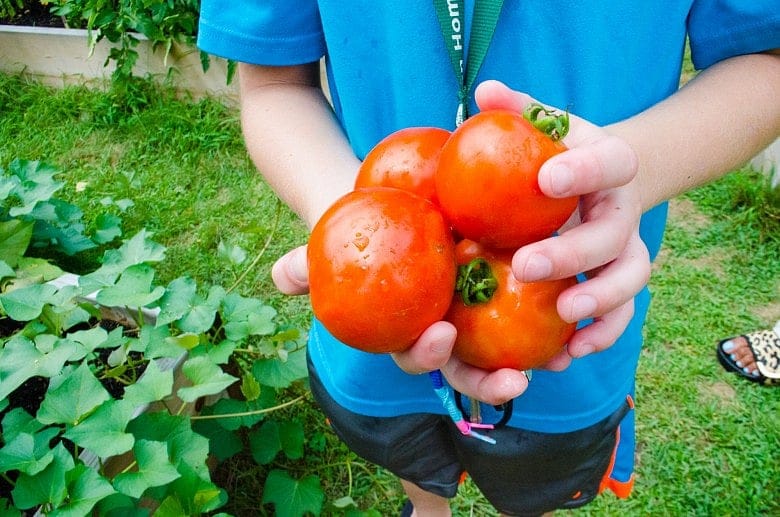Italian Home for Children: innovative instruction with new urban garden

It is a hot and humid sunny day in late August as a small group of children come running outside. They are excited to get their hands dirty and have fun picking bright red tomatoes off the vine, scavenging for sweet juicy strawberries, and composting old fruit and vegetables. This small urban garden at the Italian Home for Children in the Jamaica Plain area of Boston enables children to acquire life skills and gain confidence while they eat the fresh food they have been growing all the summer.
"This could be the thing that connects us all," said Jason Torres, director of foundation relations and one of the chief architects of the garden project. The Italian Home for Children hopes that the garden will bring community members and families together and build lasting relationships.

